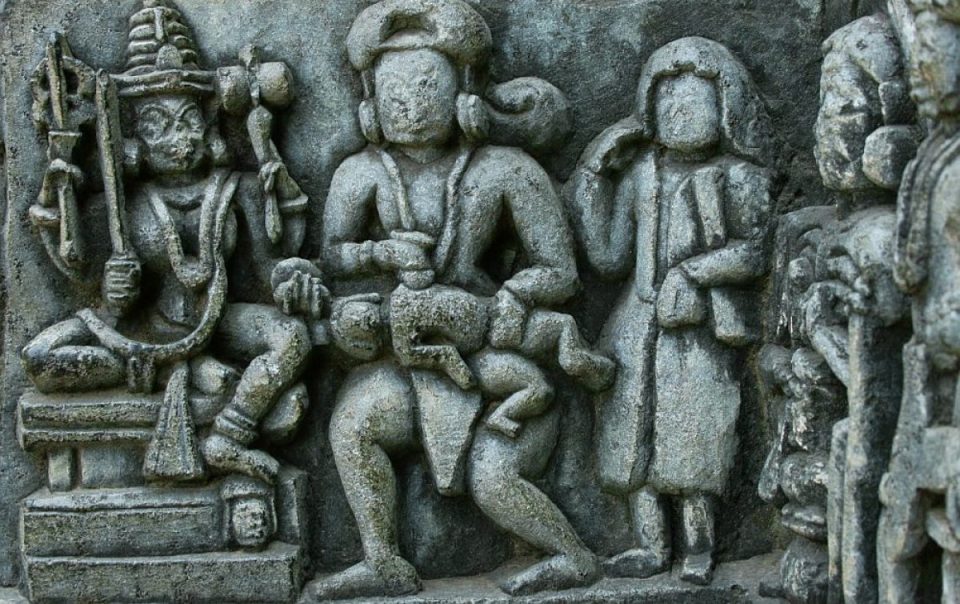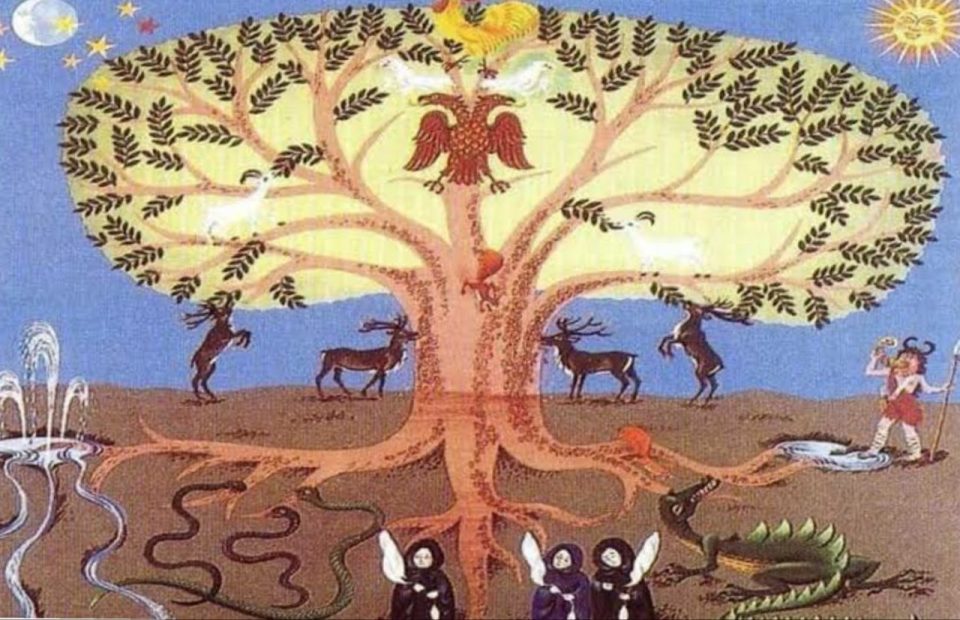The Dutch Republic emerged as a major center of trade and commerce in Europe during the Golden Age, which lasted from the late 16th century to the mid-17th century. This period was characterized by a remarkable economic growth that transformed the Dutch Republic into one of the wealthiest and most powerful nations in the world. The success of the Dutch economy was based on a number of factors, including favorable geography, political stability, a strong work ethic, and innovative business practices.
Geographically, the Dutch Republic was well positioned for trade. It was located at the crossroads of important trade routes, including those linking northern Europe to the Mediterranean and those connecting Europe to the Americas and Asia. Additionally, the Dutch Republic had a large and diverse maritime fleet, which allowed it to access and control trade routes around the world.
Politically, the Dutch Republic was characterized by a decentralized system of government that emphasized local autonomy and individual rights. This system of government, which was known as the Dutch Republic’s “Golden Age Republic,” encouraged entrepreneurship and innovation, as individuals were free to pursue their economic interests without interference from the government. This freedom to innovate was particularly important in the field of finance, where the Dutch Republic was a pioneer in developing new financial instruments and techniques, such as joint-stock companies, bonds, and insurance.
The Dutch Republic’s strong work ethic was another key factor in its economic success. Dutch workers were known for their productivity, reliability, and attention to detail. This work ethic was fostered by the Dutch Republic’s culture, which emphasized thrift, discipline, and hard work. These values were reflected in the Dutch Republic’s education system, which emphasized practical skills such as mathematics, accounting, and engineering.
Innovative business practices also played a significant role in the Dutch Republic’s economic success. Dutch merchants were known for their shrewdness and resourcefulness, and they developed a number of new business practices that helped them gain a competitive advantage. For example, the Dutch Republic pioneered the use of warehouses and supply chains, which allowed merchants to store and transport goods more efficiently. Additionally, Dutch merchants were early adopters of modern accounting practices, which allowed them to better manage their finances and investments.
The impact of the Dutch Republic’s economic success on Dutch culture and society was profound. The wealth generated by the Dutch Republic’s trade and commerce fueled a cultural and artistic renaissance that produced some of the most famous works of art and literature in European history. Dutch painters such as Rembrandt and Vermeer produced masterpieces that are still admired today, while writers such as Descartes and Spinoza made significant contributions to philosophy and literature.
The Dutch Republic’s economic success also had a profound impact on Dutch society. The wealth generated by trade and commerce allowed the Dutch Republic to invest in public works and infrastructure, such as canals, roads, and public buildings. This infrastructure, in turn, helped facilitate further economic growth and development. Additionally, the wealth generated by trade and commerce allowed the Dutch Republic to develop a strong social welfare system, which provided support for the poor, the sick, and the elderly.
In conclusion, the Dutch Republic’s emergence as a major center of trade and commerce during the Golden Age was the result of a combination of favorable geography, political stability, a strong work ethic, and innovative business practices. This economic success had a profound impact on Dutch culture and society, fueling a cultural and artistic renaissance and facilitating the development of a strong social welfare system. The Dutch Republic’s legacy as a pioneer of modern finance and commerce continues to influence the world today.












